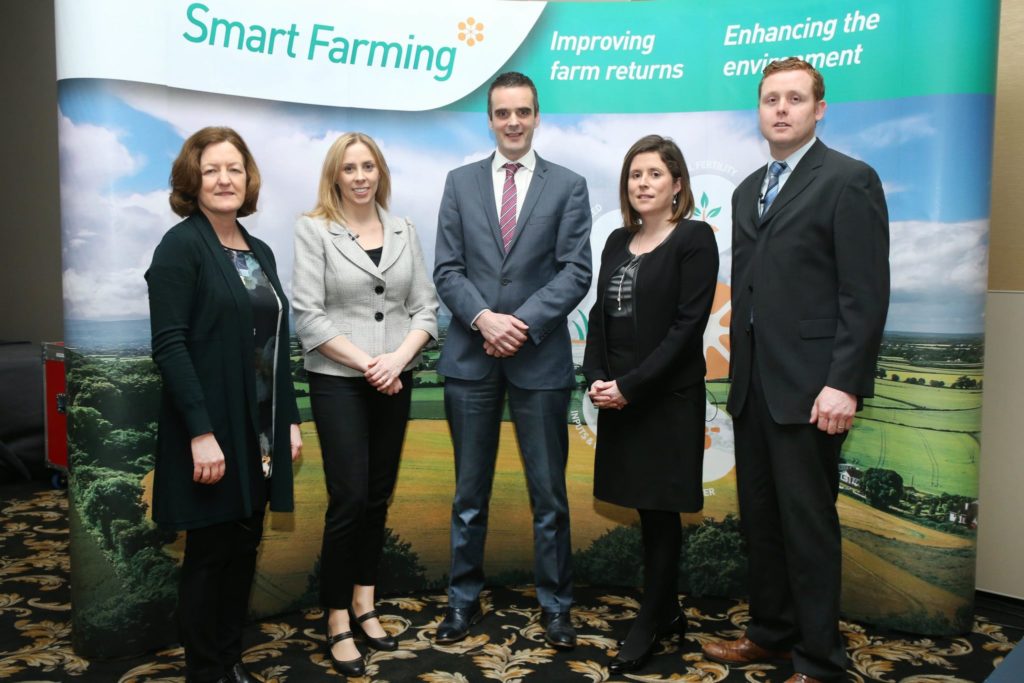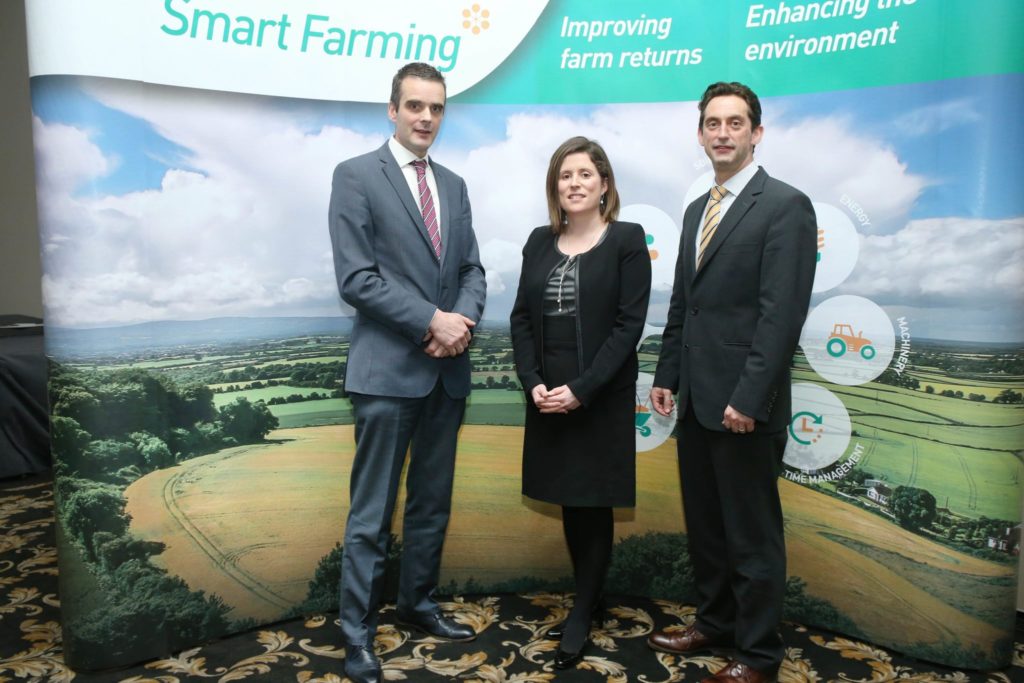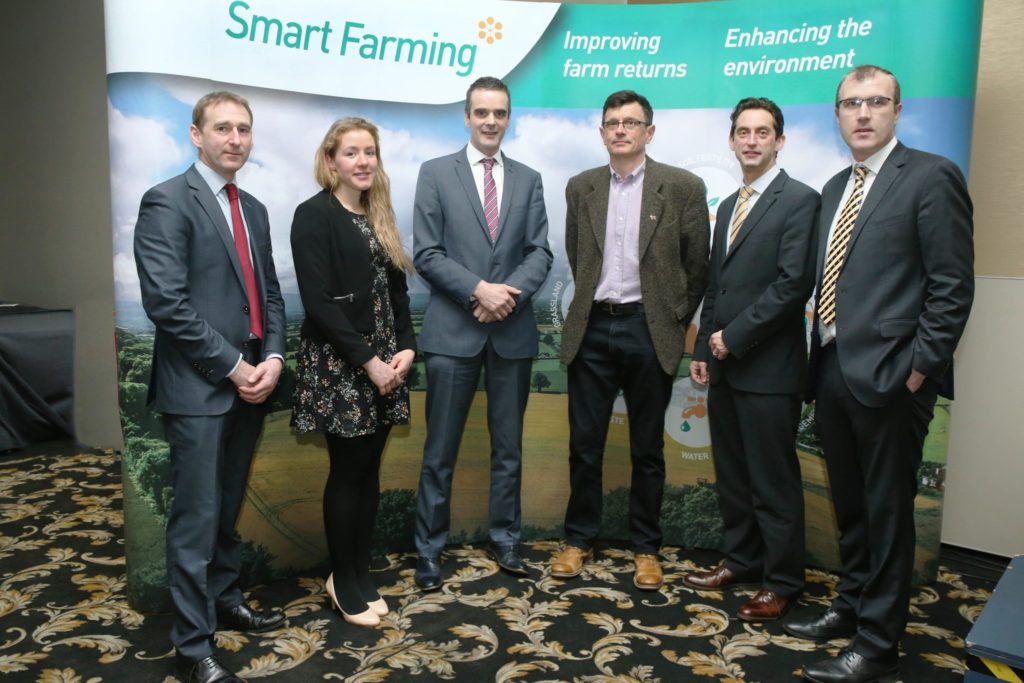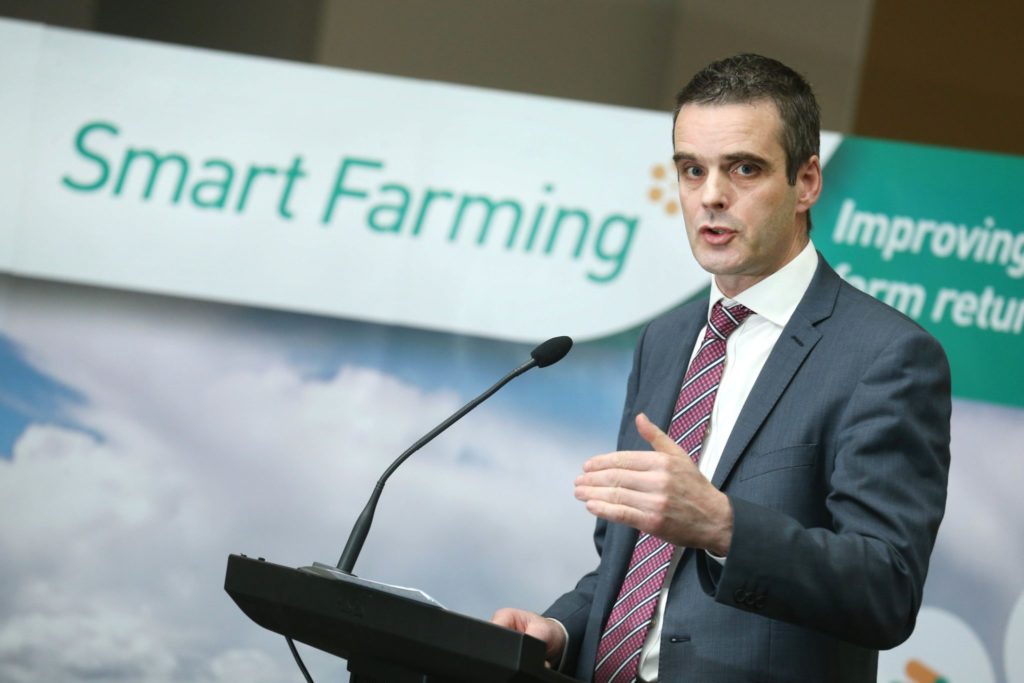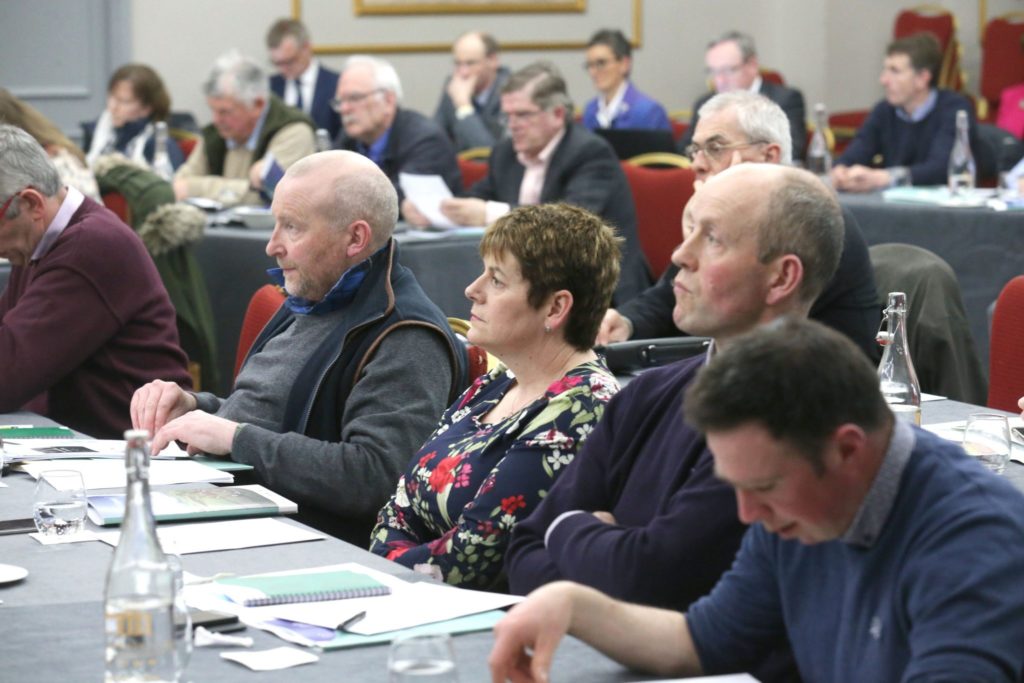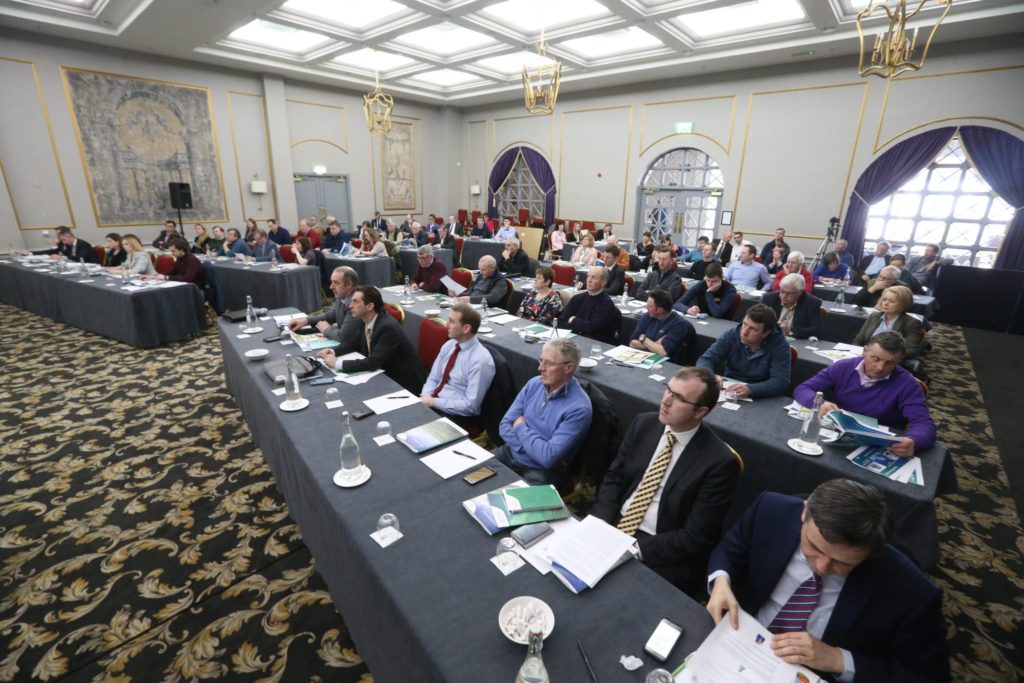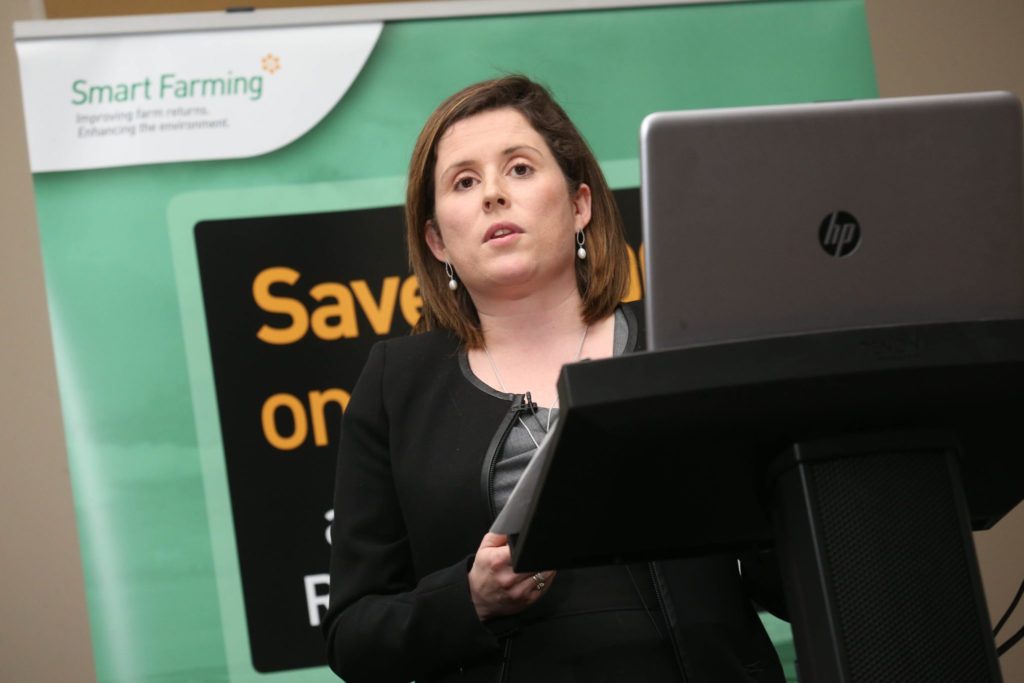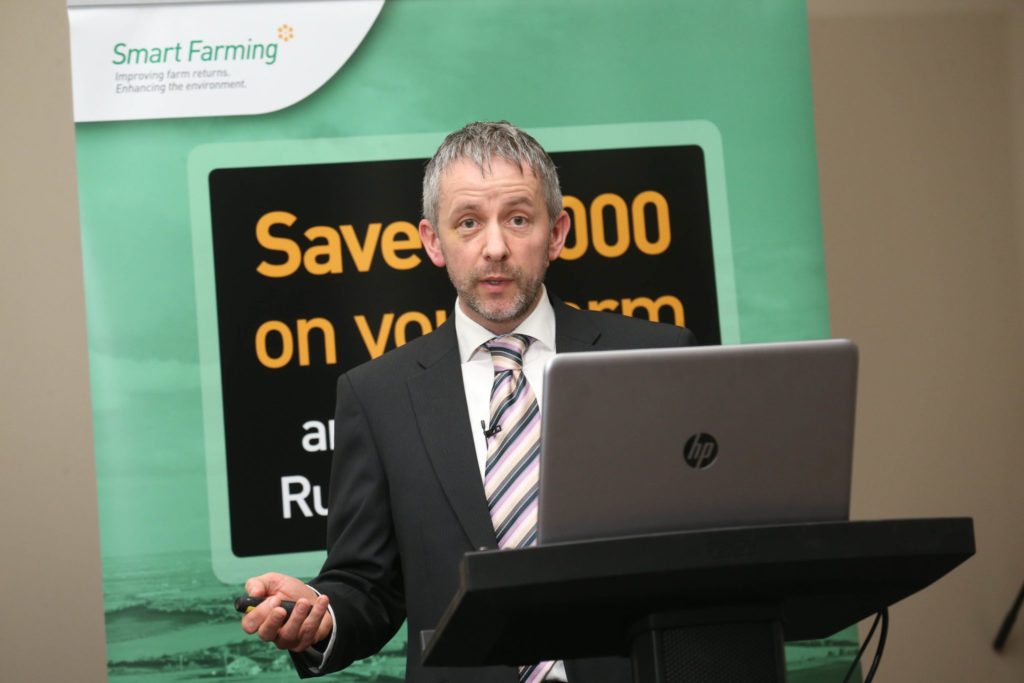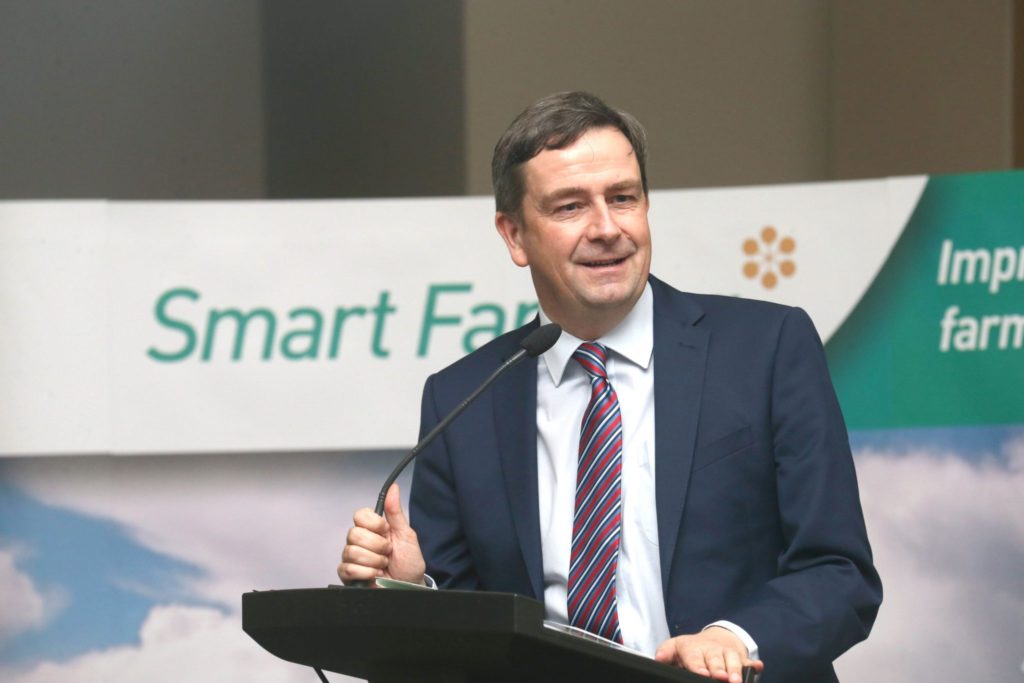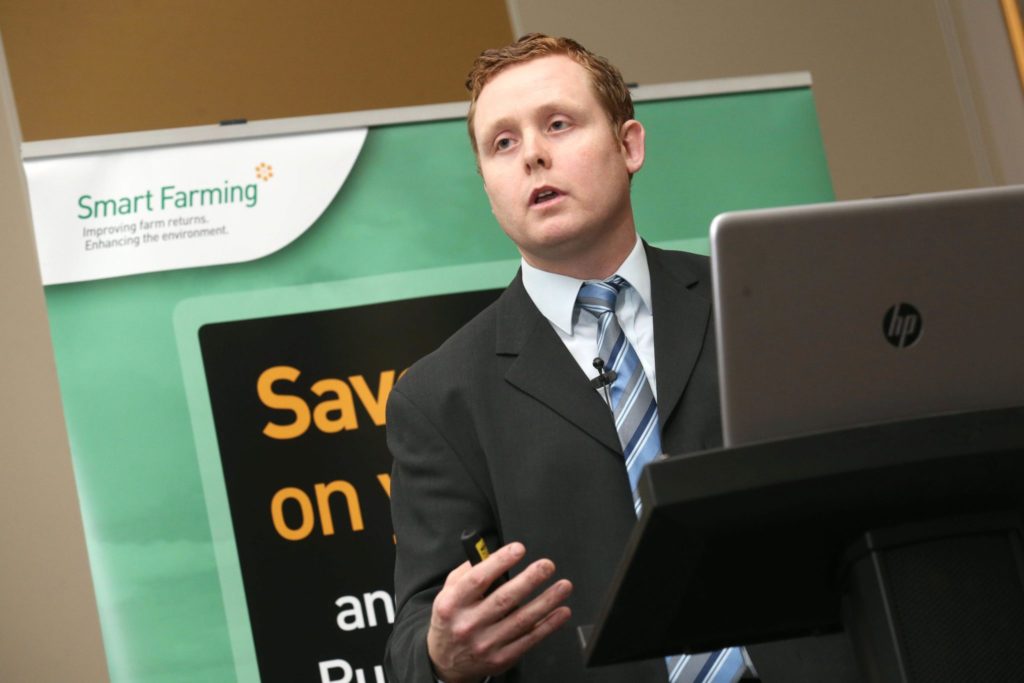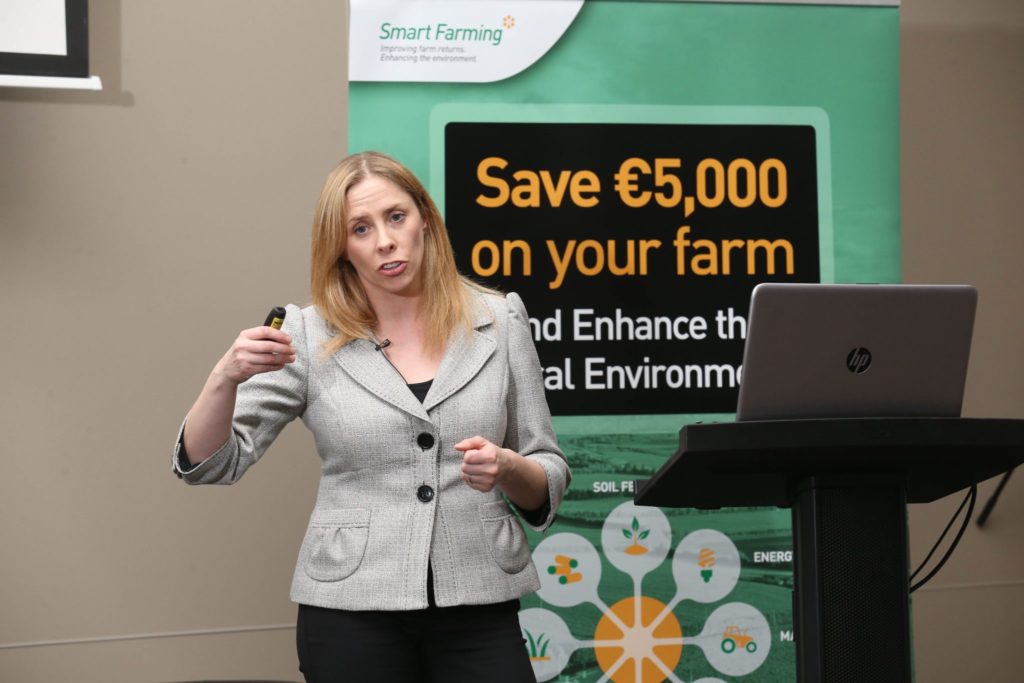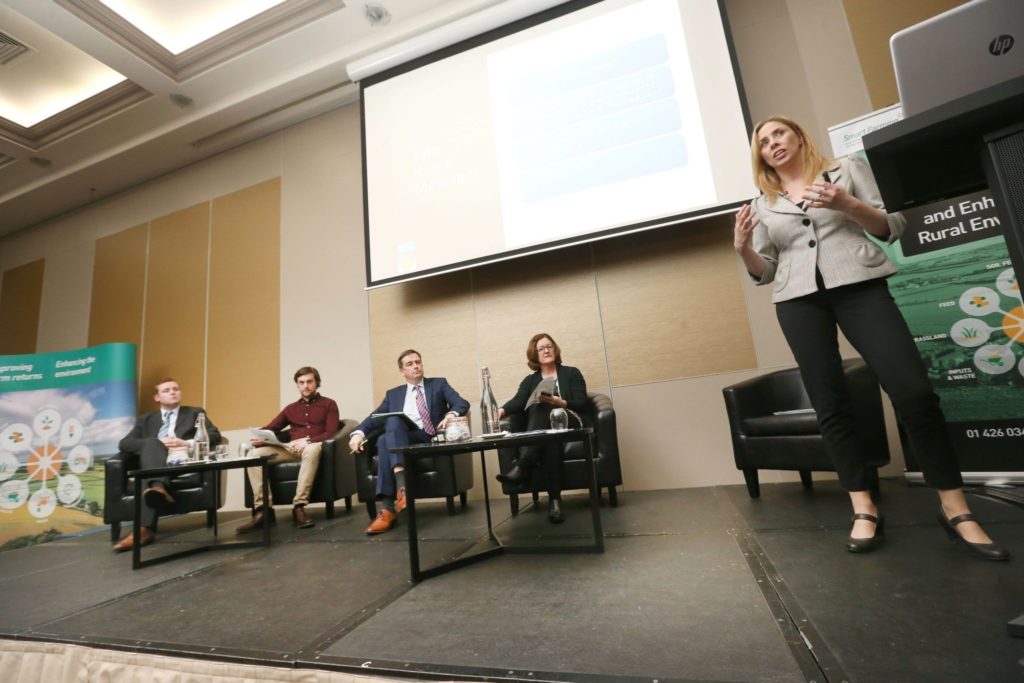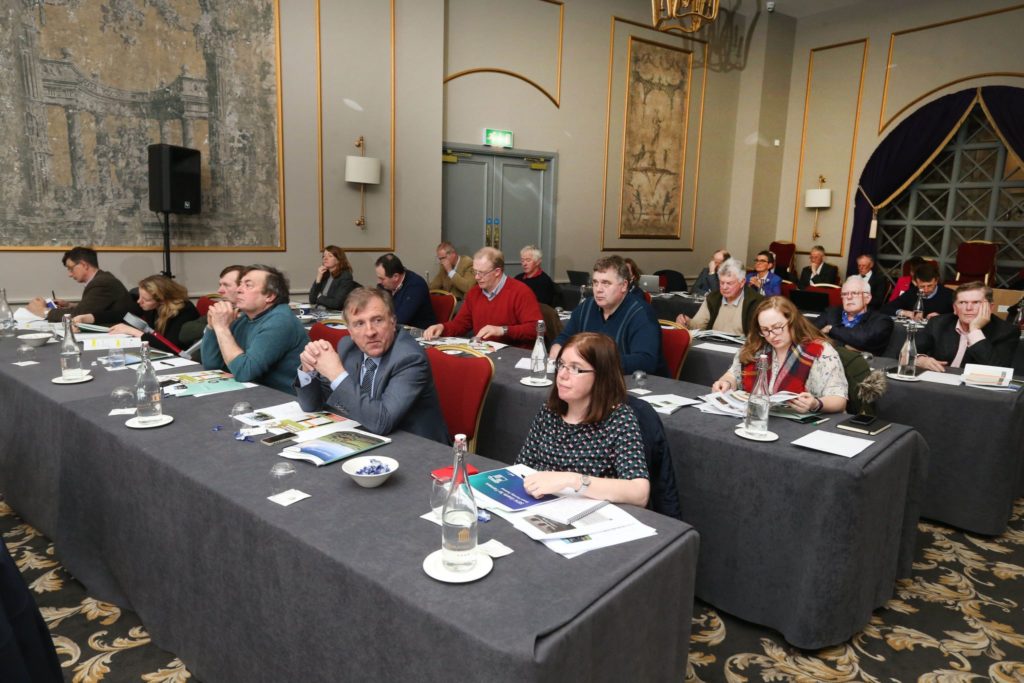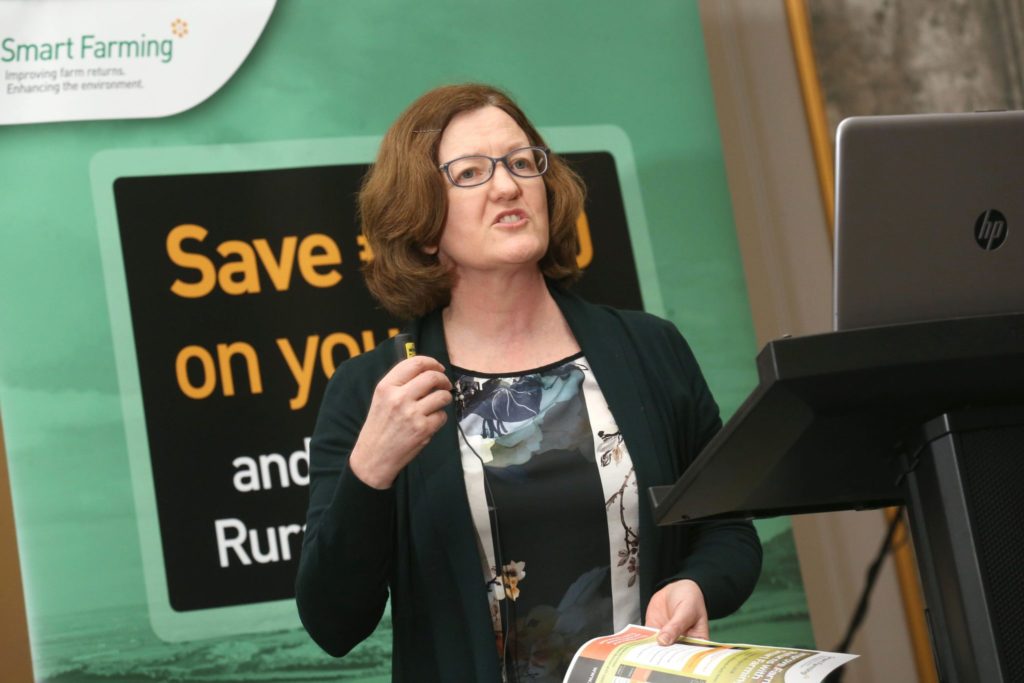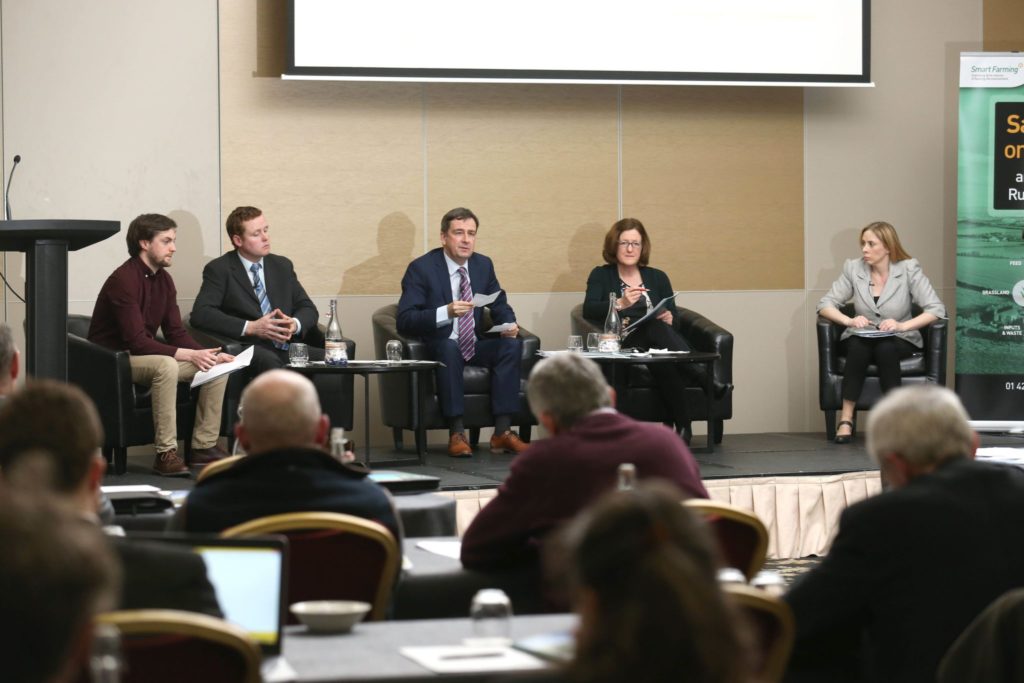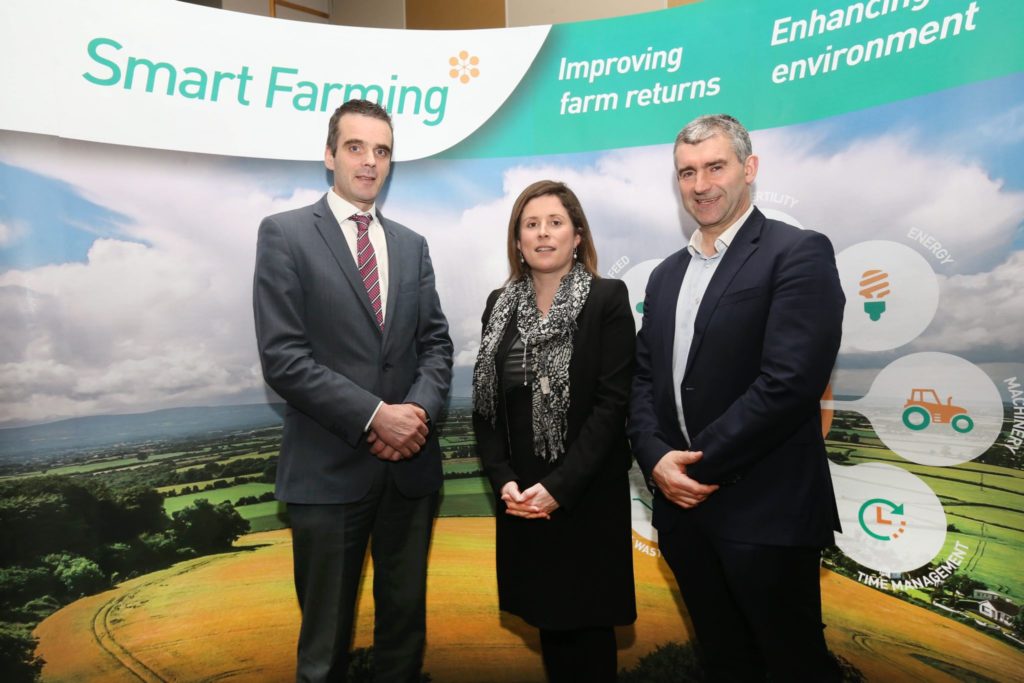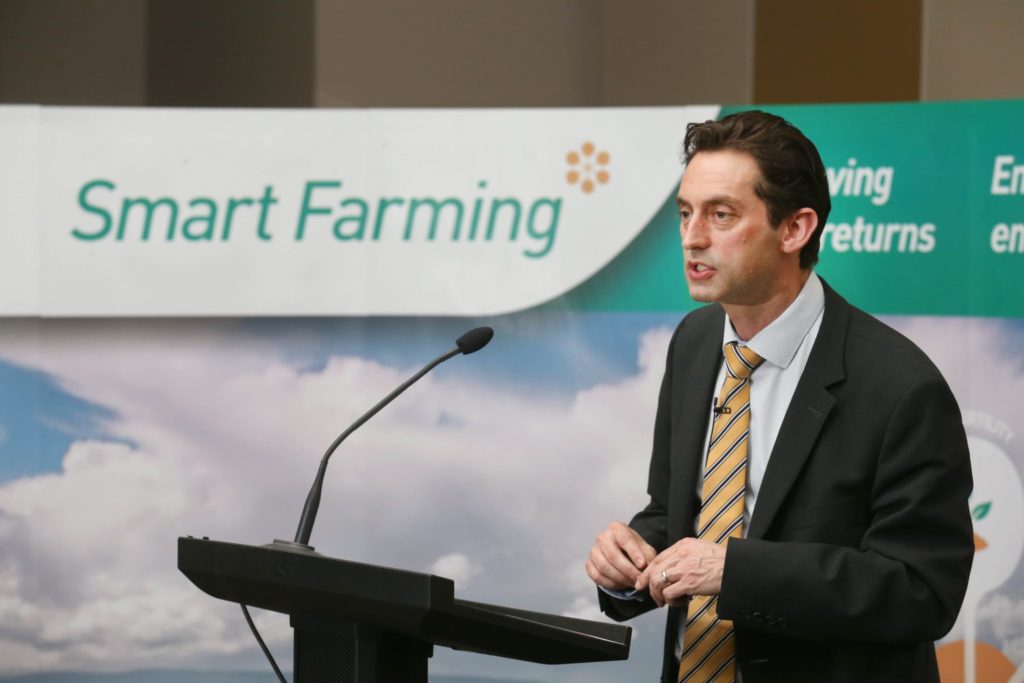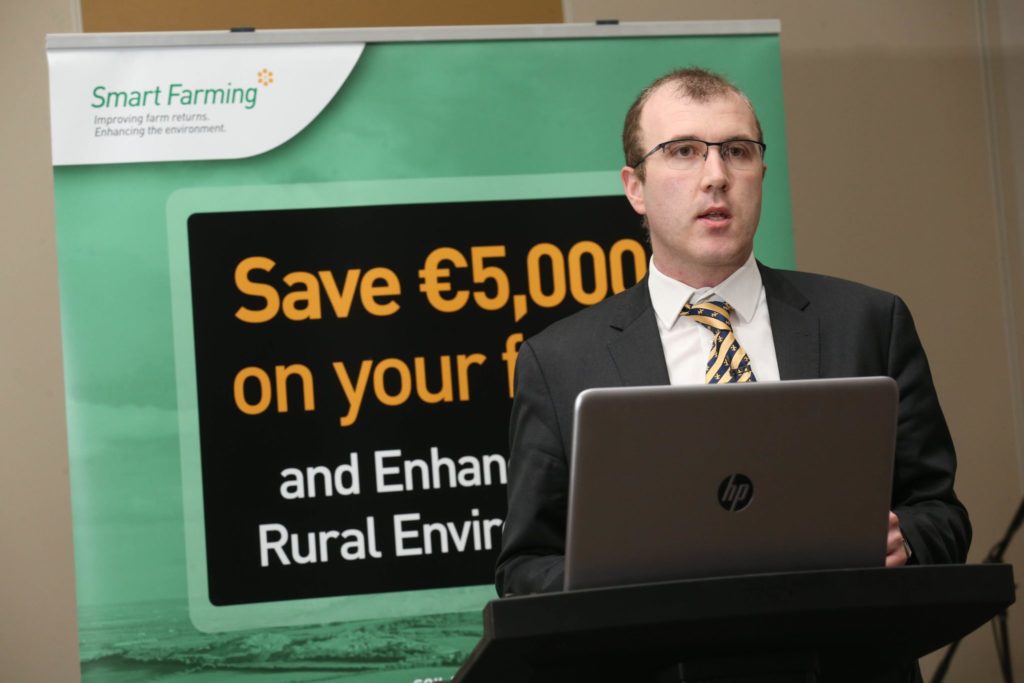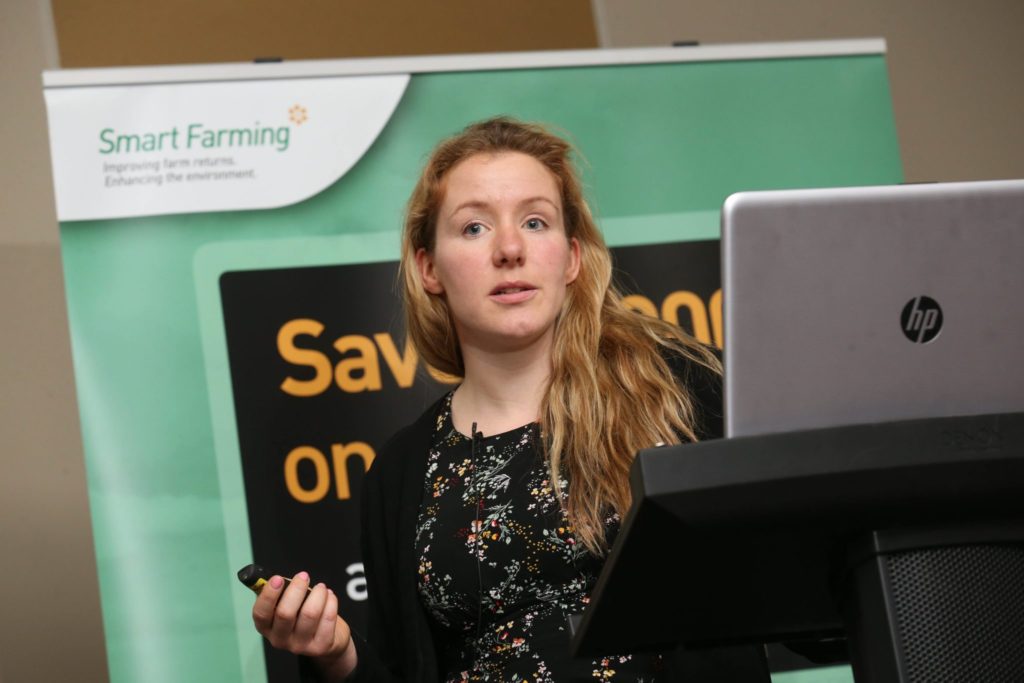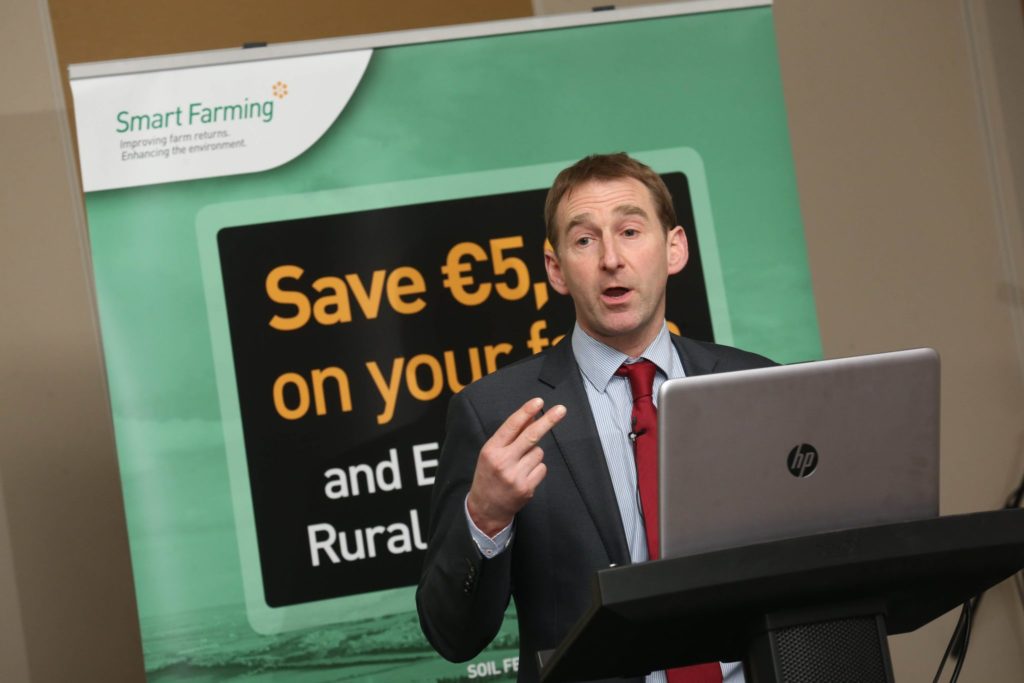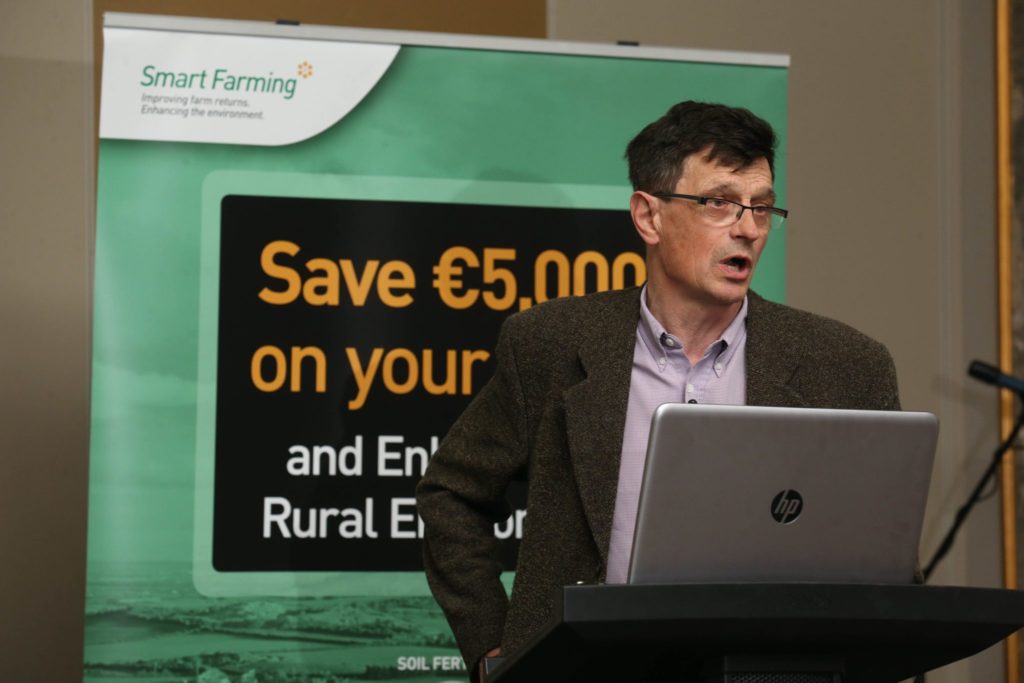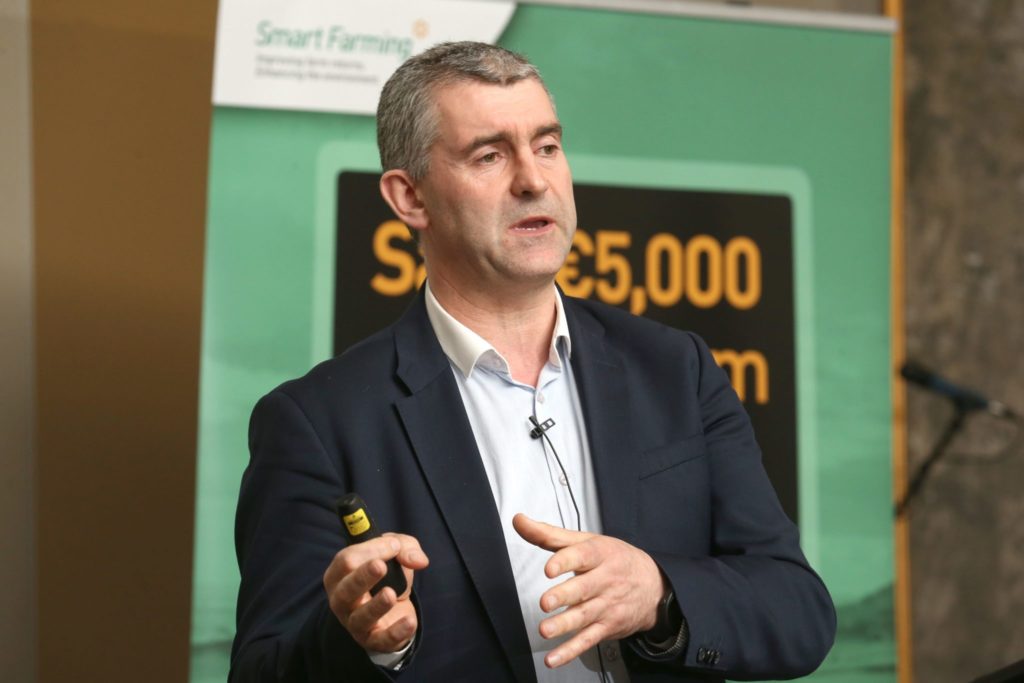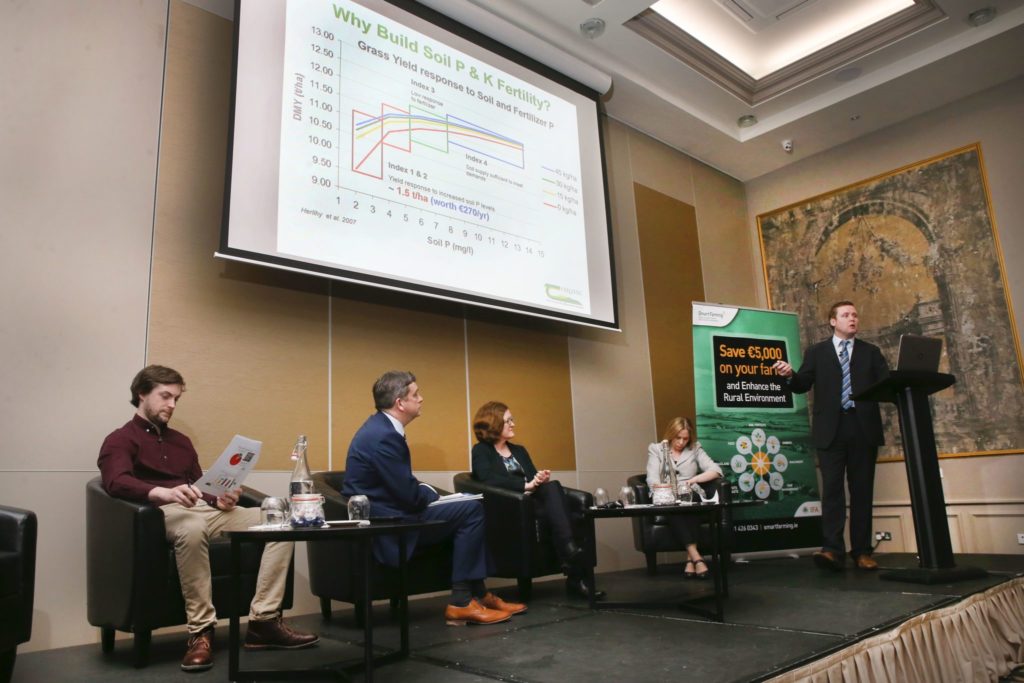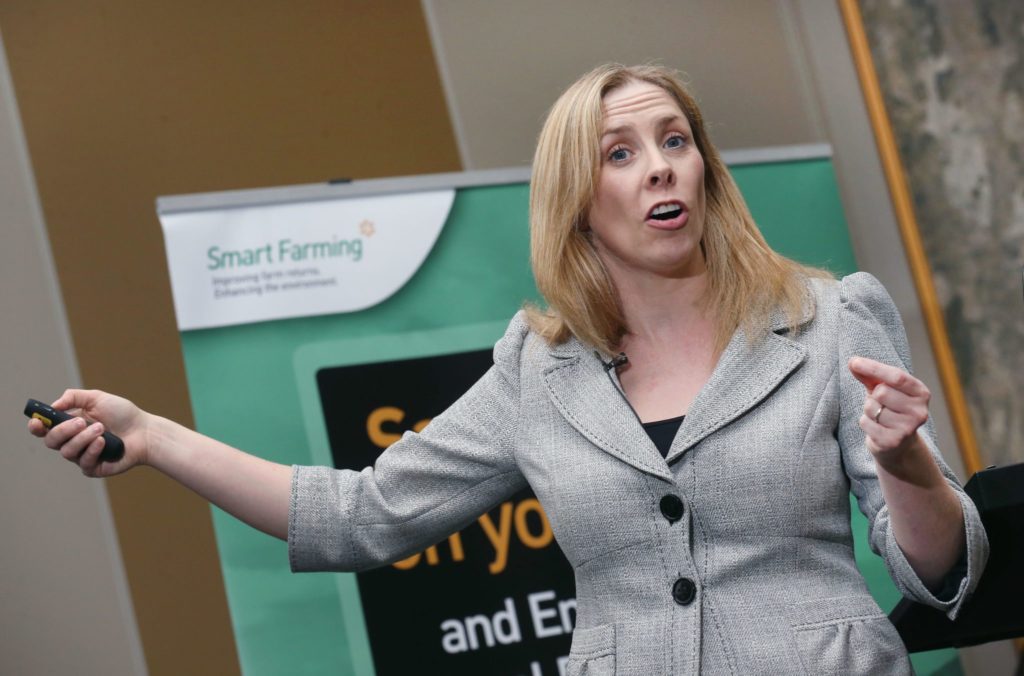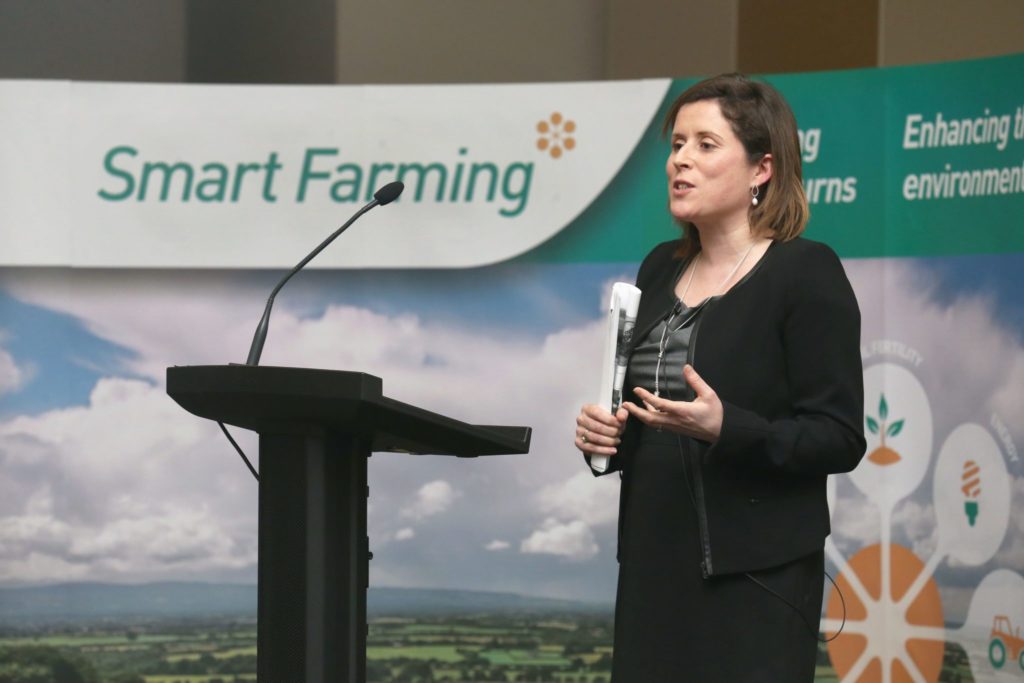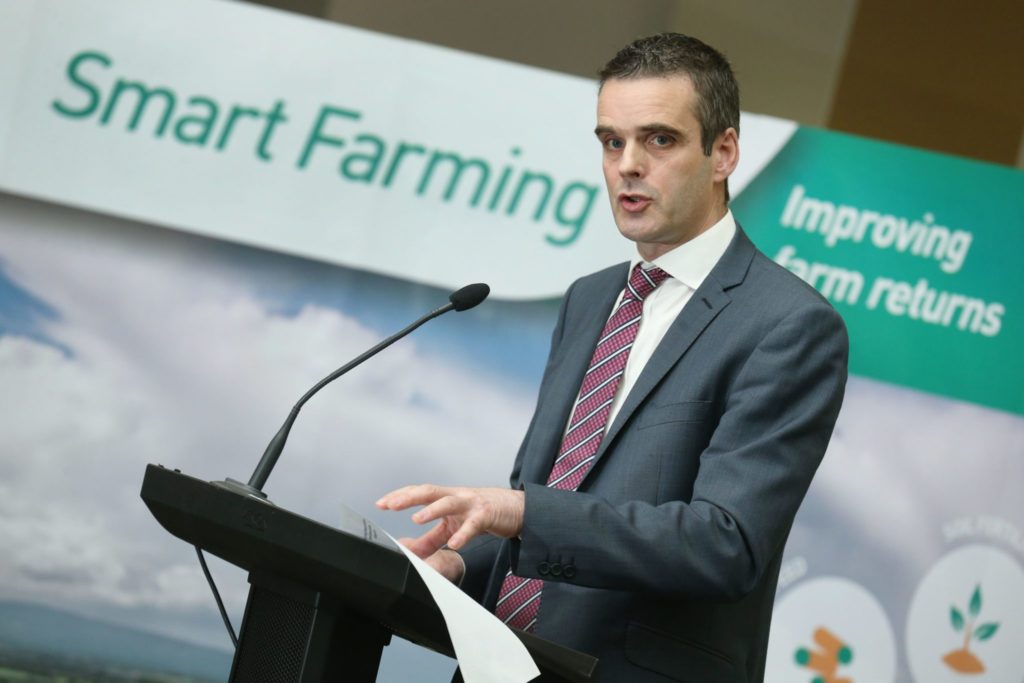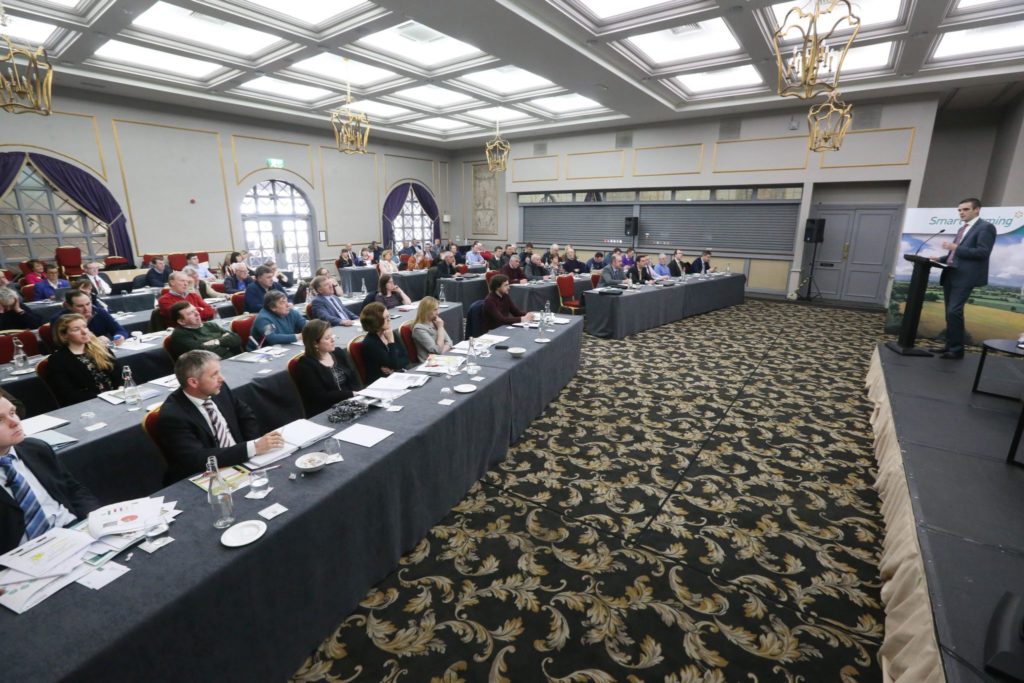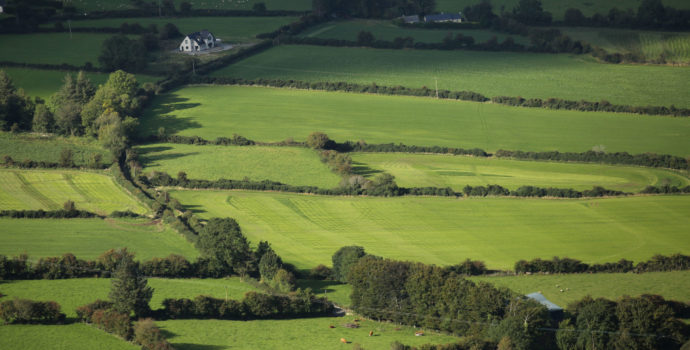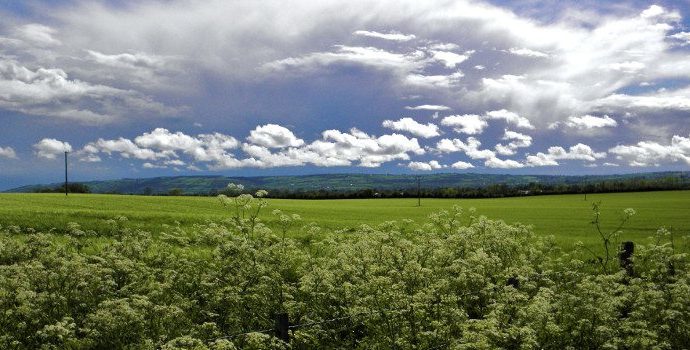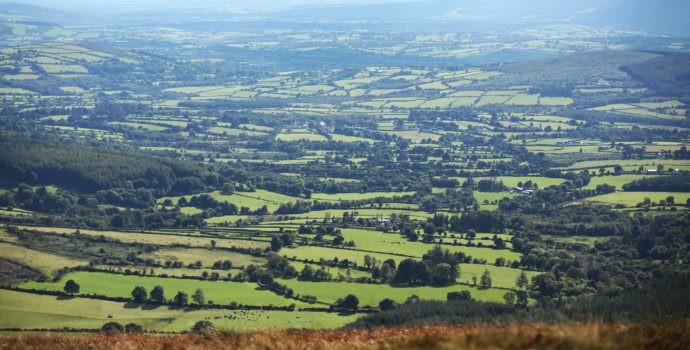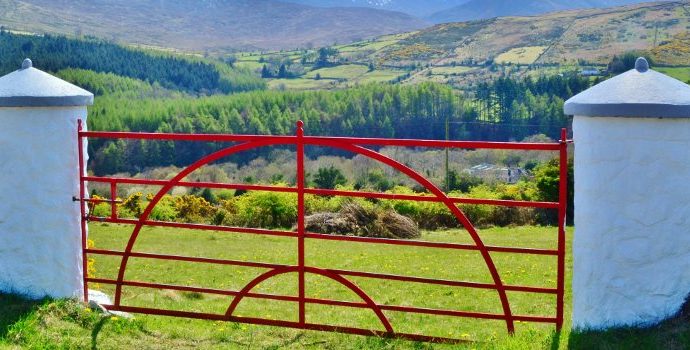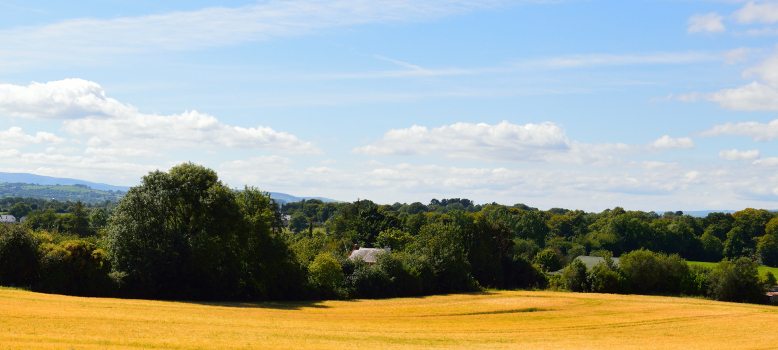
Opening the Smart Farming conference in Portlaoise today (Tues), IFA President Joe Healy said farmers recognise the importance of having a sustainable farming sector – economically, environmentally and socially.
“A lot of the focus has been on environmental sustainability but this needs to be balanced with a real focus on economic sustainability.” he said.
“Farmers get the importance of sustainability, and we are making a real difference. However, environmental protection and investment on farms is directly linked to farm incomes. Farmers must receive a fairer return from the marketplace and be properly supported for actions that benefit the community,” he said.
“Farmers have demonstrated that they will respond to balanced, sensible measures which recognise that farms are the businesses that drive the economic and social development of rural Ireland.
“Smart Farming demonstrates that measures that enhance the environment also increase efficiency and profits at farm level.
“Despite the fact that the average farm income is just €31,900, we are prepared to continue to invest to safeguard the environmental integrity of our farm businesses. It is not reasonable to expect farmers to step up and incur extra costs when they are under severe income pressure as it is,” the IFA President said.
Joe Healy acknowledged that big questions are being asked of the agriculture sector, and the impact of the weather conditions in recent months has brought greater focus to this issue., “Agriculture’s greenhouse gas emissions have fallen by 3.5% since 1990. At the same time, national emissions are up 10.4%. In the case of transport, emissions have increased by 139%. We should bear this in mind as we look at what each sector is expected to do.”
The IFA President said a sustainable future is about aligning environmental responsibility with economic and social sustainability. Smart Farming has a simple ethos: how can my income be improved by looking around the farm and reducing costs and improving returns, while improving the environment.
In 2017, those who participated in the programme achieved average cost savings of €8,700, exceeding the target by 74%. Average emission reductions of 10% exceeded the 5-7% target.
Smart Farming, the voluntary cost saving initiative led by IFA, in conjunction with the Environmental Protection Agency (EPA) will begin its 2018 work programme in April, identifying ways to improve farm returns and enhance the environmental.
In 2018, more than 1,200 farmers across 50 discussion groups, IFA branches and purchasing groups will get involved in Smart Farming. The objectives are clear: to find ways to reduce costs on each participating farm by at least €5,000 and how to reduce climate impact by 10%.

